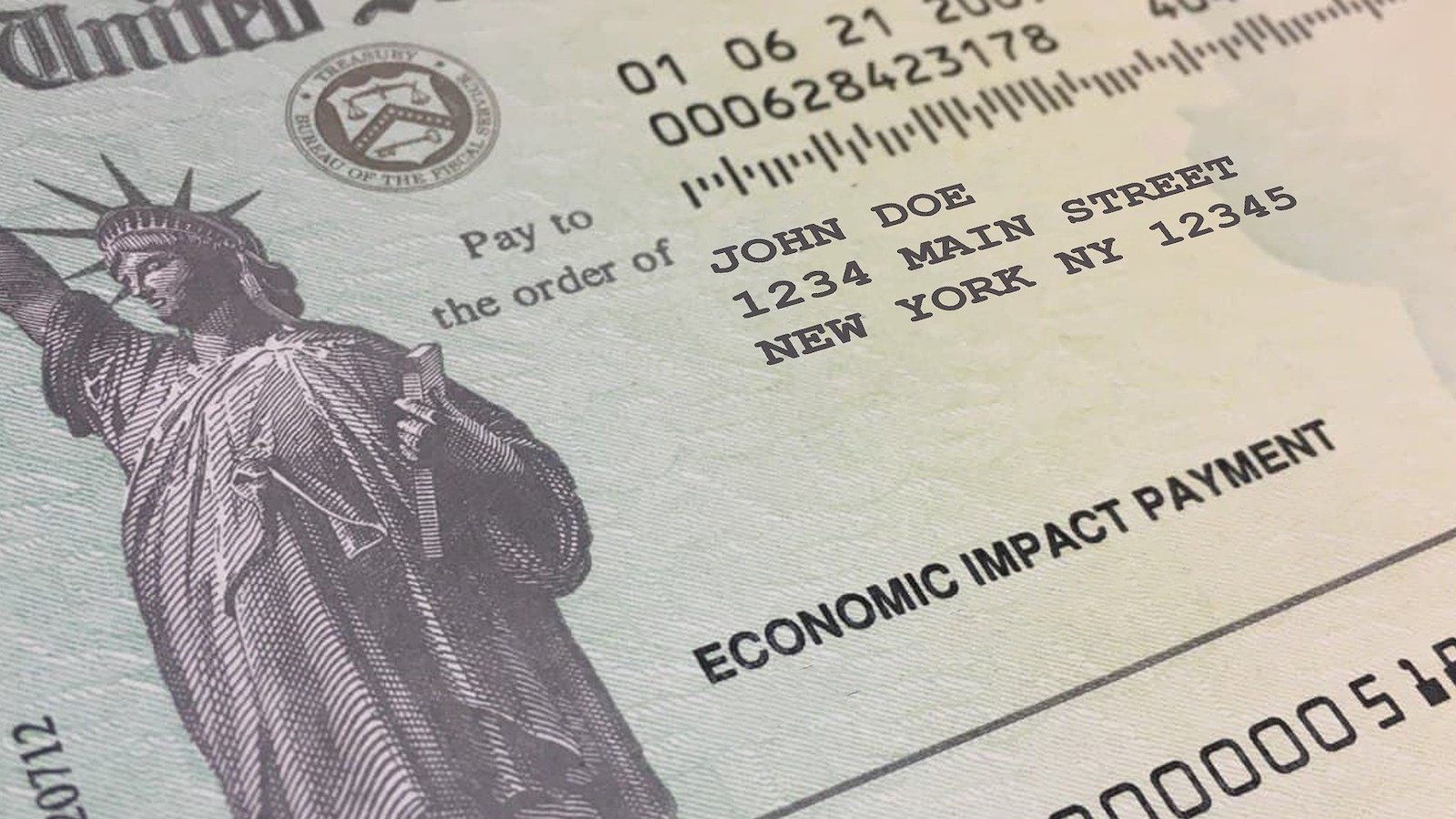
With $1,400 payments on the way, here’s what to do, and not do
85 percent of Americans are expected to get money -- without the need for you do anything, including clicking any email links, providing any information by phone or paying any fees.
COVID-19 continues to pose a challenge for our country. Together we can do more to protect our health and ensure we're better prepared for any future pandemics.
85 percent of Americans are expected to get money -- without the need for you do anything, including clicking any email links, providing any information by phone or paying any fees.
Consumer complaints about problems with financial companies such as banks, credit bureaus and debt collectors rose by more than 50 percent in 2020 and set new records for each month of the year, according to a new report from the CoPIRG Foundation. The report, Consumers In Peril, which analyzed complaints received by the Consumer Financial Protection Bureau (CFPB), was released Monday to kick off National Consumer Protection Week.
A new analysis by the U.S. PIRG Education Fund and Frontier Group found that 8 percent of nursing homes nationwide as of Dec. 27 had a critical shortage of surgical-grade N95 masks, which are the best protection against spreading the virus. Additionally, 4 to 6 percent of nursing homes reported shortages in at least one other category of personal protective equipment.
At any given time throughout most of 2020, more than 200,000 Americans resided in nursing homes that admit they were suffering through staff shortages.
As of December 6, 2020, 55 nursing homes in Colorado were understaffed, potentially affecting the care of 3,103 residents in those homes. At the same time, more than 3,000 nursing homes across the country had a shortage of nurses, aides or doctors, a crippling problem that started last May and has gotten worse. At any given time throughout most of 2020, more than 200,000 Americans resided in nursing homes that admit they were suffering through staff shortages.
McDonald’s announced a commitment to eliminate per- and polyfluoroalkyl substances (PFAS) in food packaging used in its restaurants by 2025. PFAS are linked to kidney and liver problems, high cholesterol, reduced immune system function, and cancer.